Common Health Issues in Africanis Dogs and How to Prevent Them
Welcome to our comprehensive guide on the most common health issues in Africanis dogs and how to prevent them. As passionate dog lovers and expert veterinarians, we understand the importance of keeping your Africanis companion in optimal health. In this article, we will delve into various health concerns that affect Africanis dogs, providing you with valuable insights and practical tips to ensure their well-being. Let’s begin!
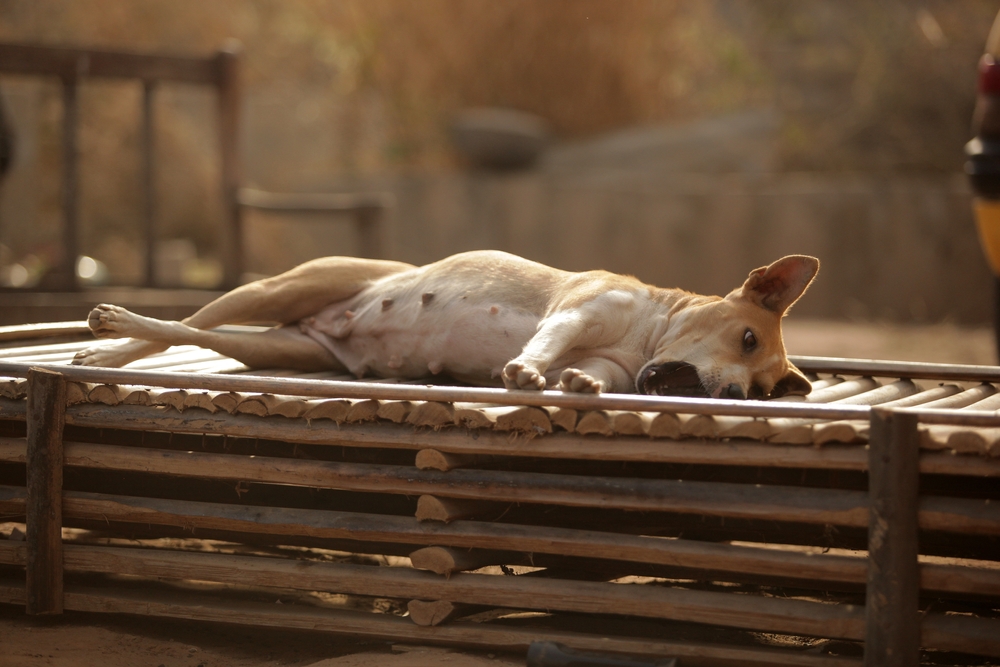
Hip Dysplasia in Africanis Dogs
Hip dysplasia is a prevalent health issue in Africanis dogs, just like in many other breeds. This condition occurs when the hip joint does not develop properly, leading to improper fitting of the femoral head into the hip socket. Over time, this can cause pain, lameness, and arthritis.
Preventive Measures:
- Regular Exercise: Engaging your Africanis in moderate, low-impact exercise helps maintain joint health and muscle strength.
- Balanced Diet: Provide a well-balanced diet to maintain a healthy weight, reducing stress on the hip joints.
- Joint Supplements: Consult your veterinarian about appropriate joint supplements to support hip health.
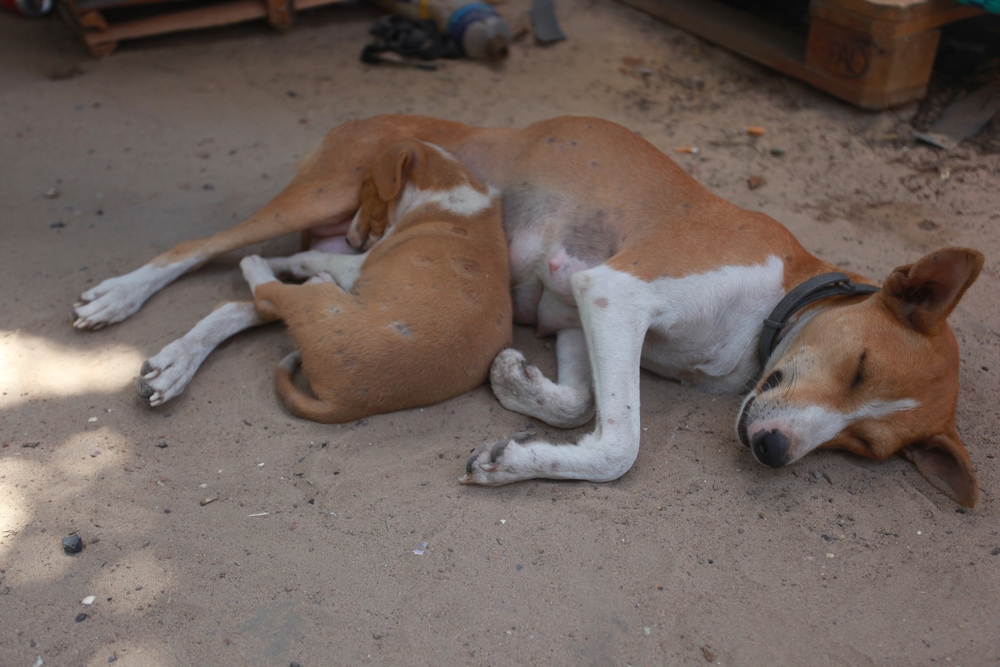
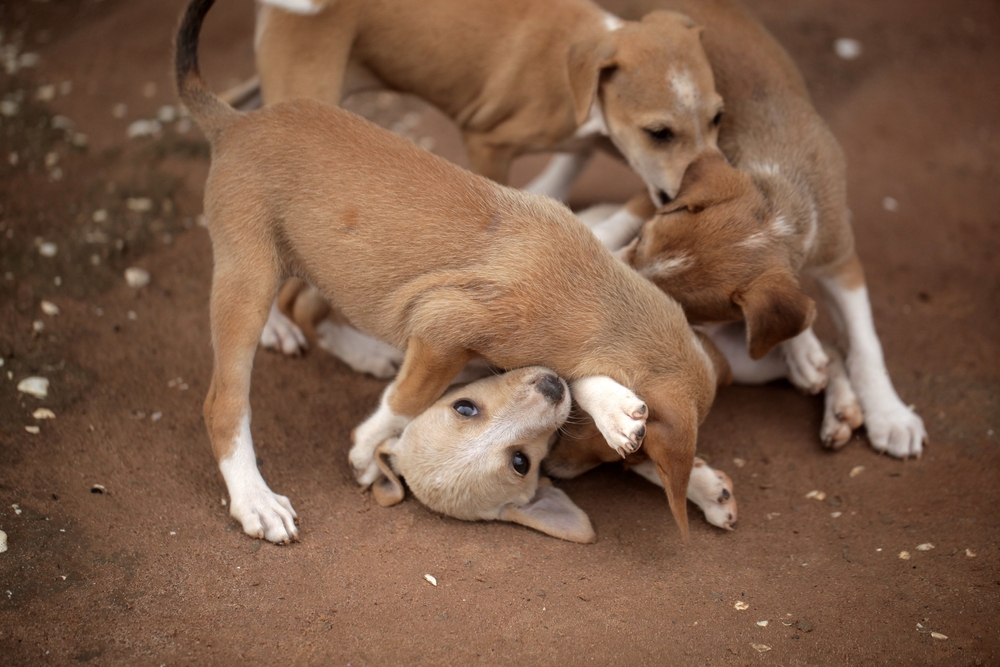
Tick-Borne Diseases
Africanis dogs, like any other breed, are susceptible to tick-borne diseases such as Ehrlichiosis and Anaplasmosis. These diseases are transmitted through tick bites and can have severe consequences if left untreated.
Preventive Measures:
- Tick Control: Regularly check your dog for ticks, especially after outdoor activities. Use veterinarian-recommended tick preventives.
- Vaccinations: Keep your Africanis up-to-date with tick-borne disease vaccinations.
- Environmental Control: Maintain a tick-free environment in your home and yard.
Bloat (Gastric Dilatation-Volvulus)
Bloat is a critical condition that can affect Africanis dogs, particularly those with deep chests. It occurs when the stomach fills with gas, leading to the twisting of the stomach, which can be life-threatening.
Preventive Measures:
- Feeding Habits: Divide your dog’s daily meals into smaller, frequent portions to reduce the risk of overeating.
- Slow Eating: Use specialized slow-feed bowls to discourage rapid eating.
- Avoid Vigorous Exercise After Meals: Prevent your Africanis from engaging in intense physical activity right after eating.
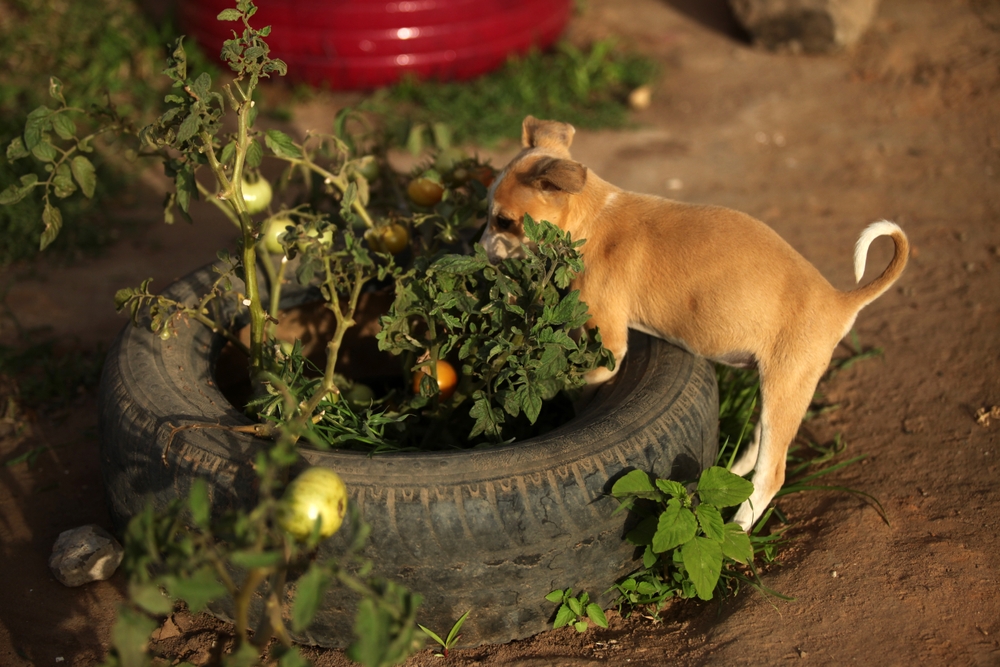
Heartworm Disease
Heartworm disease is a serious concern for Africanis dogs, as it is for most dog breeds. It is caused by the transmission of heartworm larvae through mosquito bites.
Preventive Measures:
- Regular Testing: Ensure regular heartworm testing, and consult your veterinarian for appropriate preventive medications.
- Mosquito Control: Minimize your dog’s exposure to mosquitoes by using mosquito nets and keeping them indoors during peak mosquito activity.
Dental Issues
Dental problems are common in Africanis dogs, affecting their overall health and well-being. Poor dental hygiene can lead to gum disease, tooth decay, and even systemic health issues.
Preventive Measures:
- Brushing Teeth: Regularly brush your Africanis dog’s teeth using a veterinarian-approved toothbrush and toothpaste.
- Dental Chews and Toys: Provide dental chews and toys to promote dental health and prevent tartar buildup.
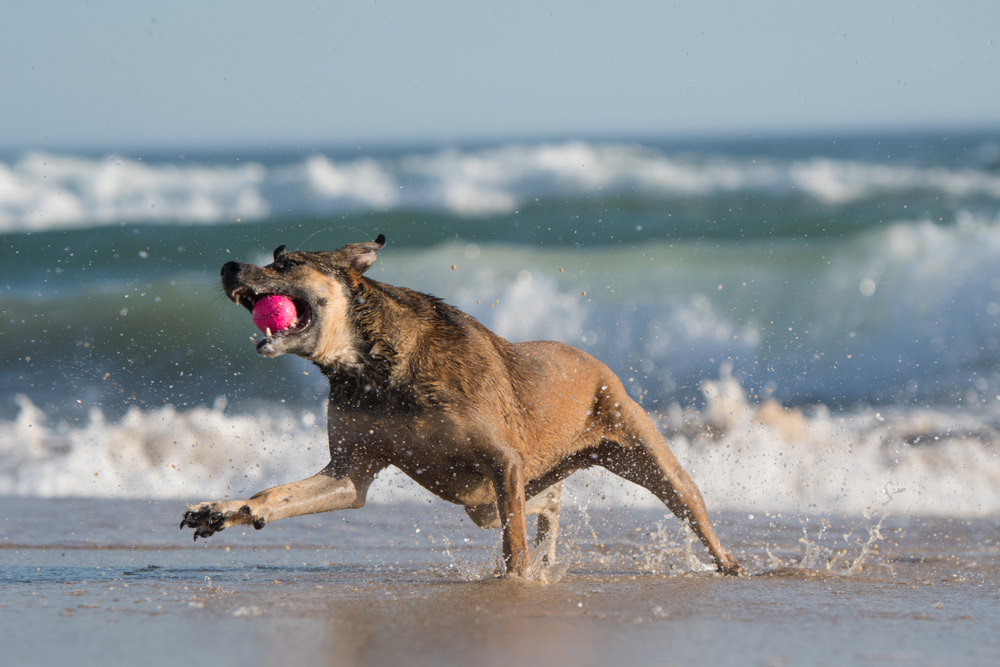

Skin Allergies
Africanis dogs may suffer from various skin allergies, often caused by environmental factors or food sensitivities.
Preventive Measures:
- Hypoallergenic Diet: Work with your veterinarian to identify and address any food allergies through a hypoallergenic diet.
- Regular Grooming: Frequent grooming helps to minimize skin irritants and keeps the coat clean and healthy.
Common Health Issues in Africanis Dogs and How to Prevent Them
We hope this extensive guide on common health issues in Africanis dogs and their prevention has been helpful to you. By understanding the potential risks and implementing the preventive measures we’ve highlighted, you can significantly improve the quality of life for your beloved Africanis companion. Remember, regular veterinary check-ups and a loving, caring environment play a crucial role in ensuring your dog’s well-being.
